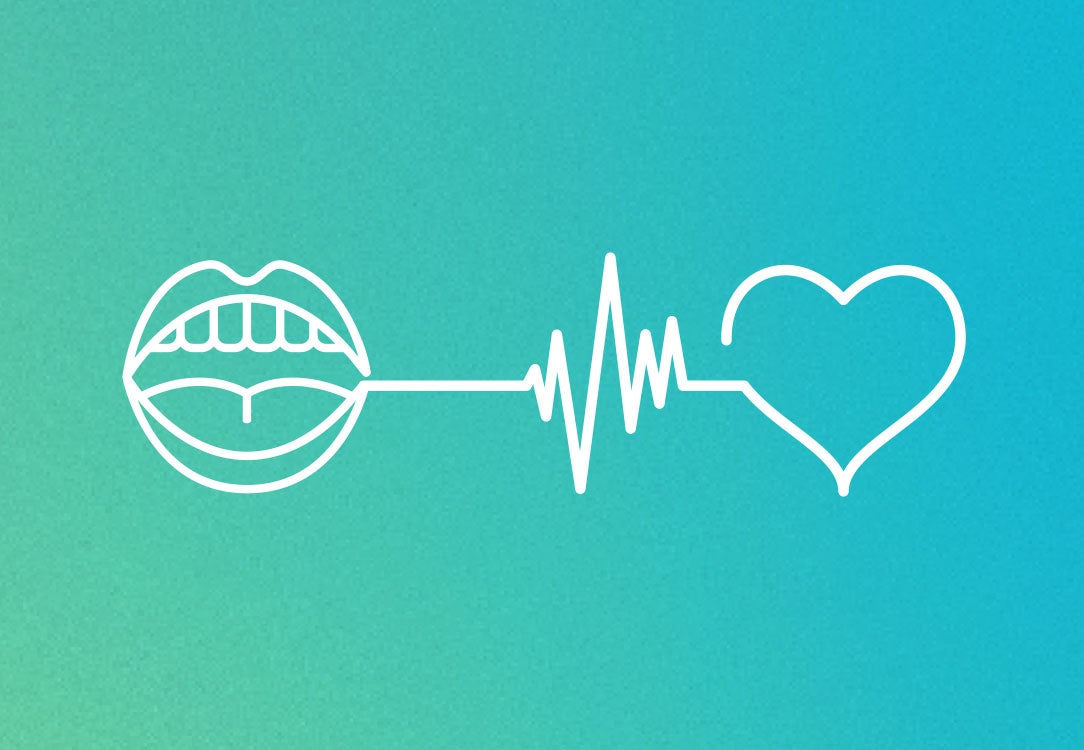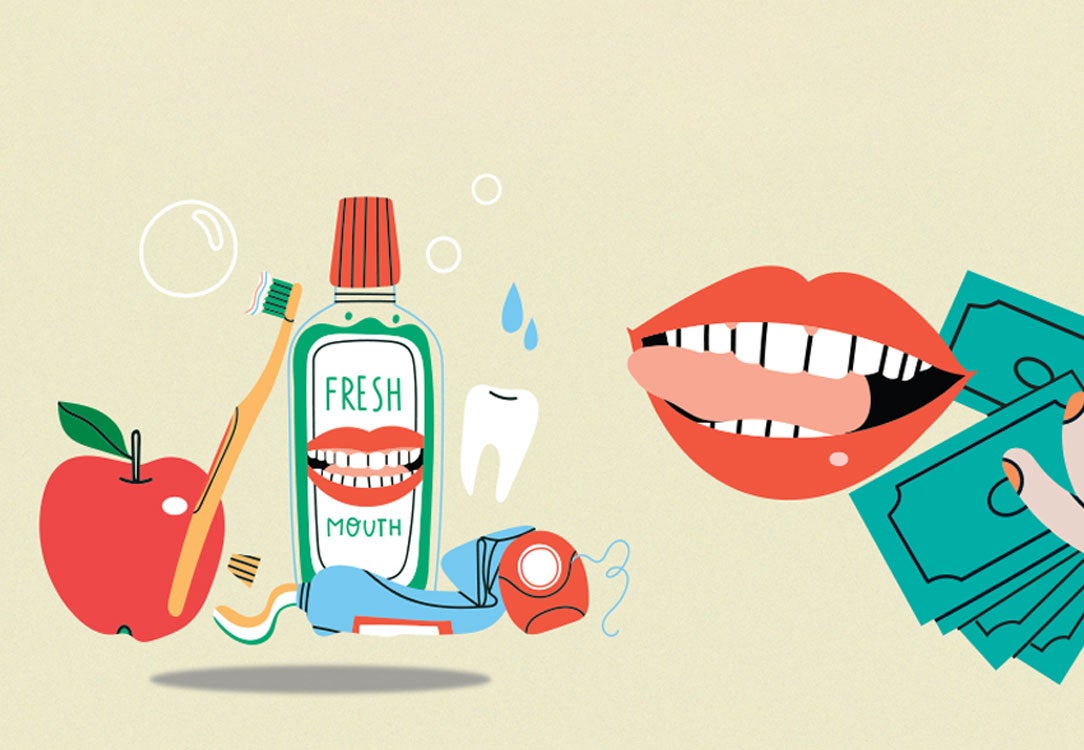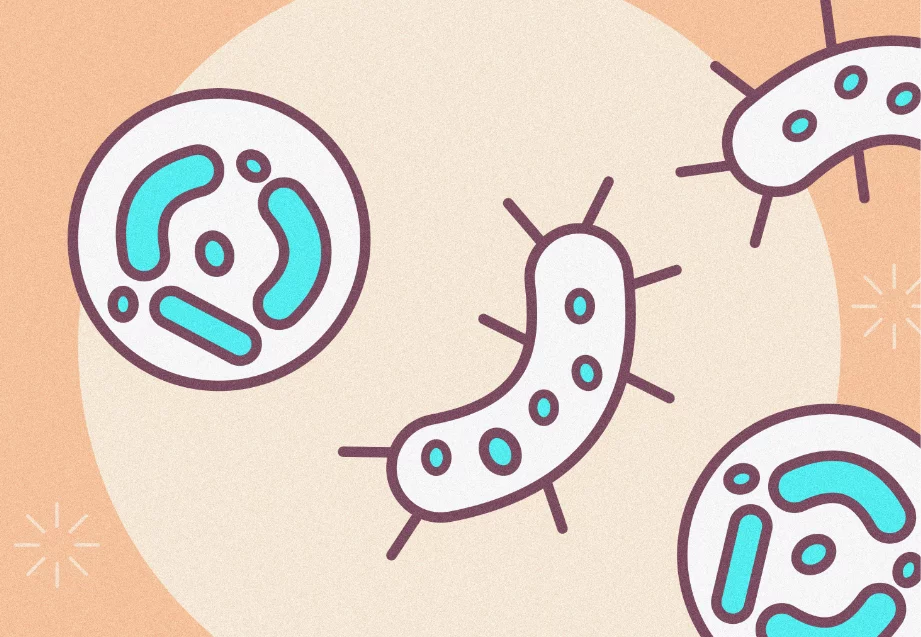You can’t floss your heart, but you can floss your gums – and that helps both.
Featured Articles
A little gum care goes a long way – sometimes all the way to your heart.
Got questions?
Smile Generation-trusted dentists make understanding the Mouth-Body Connection simple. Call us at 1-800-SMILEGEN to get started.
The short answer is, yes, oral health can impact your heart health. This is because things such as infections can spread when not treated. For instance, if you have an oral infection and do not get it treated, it can spread through your bloodstream to other areas of your body, including your heart. This is why oral health is so important. When you don’t have proper oral hygiene and do not visit your dentist regularly, it can lead to infections and other issues in the mouth. And when they are not treated, it can cause poor health in other parts of your body.
Learn more in our blog article,
There is a link between your oral health and heart disease; therefore, good oral health can decrease the chances of heart disease. You have probably already heard that things such as exercising, diet, and a lack of tobacco products can help your heart. But did you know that healthy teeth and a healthy mouth can also reduce the risk of heart problems? Since your oral health and heart health are connected, easy steps you can take to prevent heart disease include good oral hygiene and regular visits to your dentist.
Learn more in our blog article, "Empower Yourself with National Wear Red Day."
Your oral health is linked to your whole-body health, so the effects of poor oral health can affect more than just your dentist bills. Studies have linked gum disease and inflammation with a range of other health issues, including heart disease, diabetes, and even Alzheimer's. The healthcare costs for these diseases can range from several thousand dollars per year to over $60,0000. To keep your doctor's bills down, it's important to take special care of your oral health!
To find out more, read our blog article "Mouth, Heart, and Wallet: Good Oral Health Can Be Good for Your Wallet."
Poor oral health is linked with high blood pressure and vice versa. When your gums are inflamed from gingivitis, the inflammation can spread throughout the body, causing damage to your heart health. High blood pressure can also reduce the flow of blood to your gums, which can contribute to the development of gum disease. The connection between oral health and whole-body health is called the Mouth-Body Connection. You can't have good whole-body health without good oral health!
Find out more about the connection in our blog article "What Does Gum Disease Have to Do With Blood Pressure?"


















